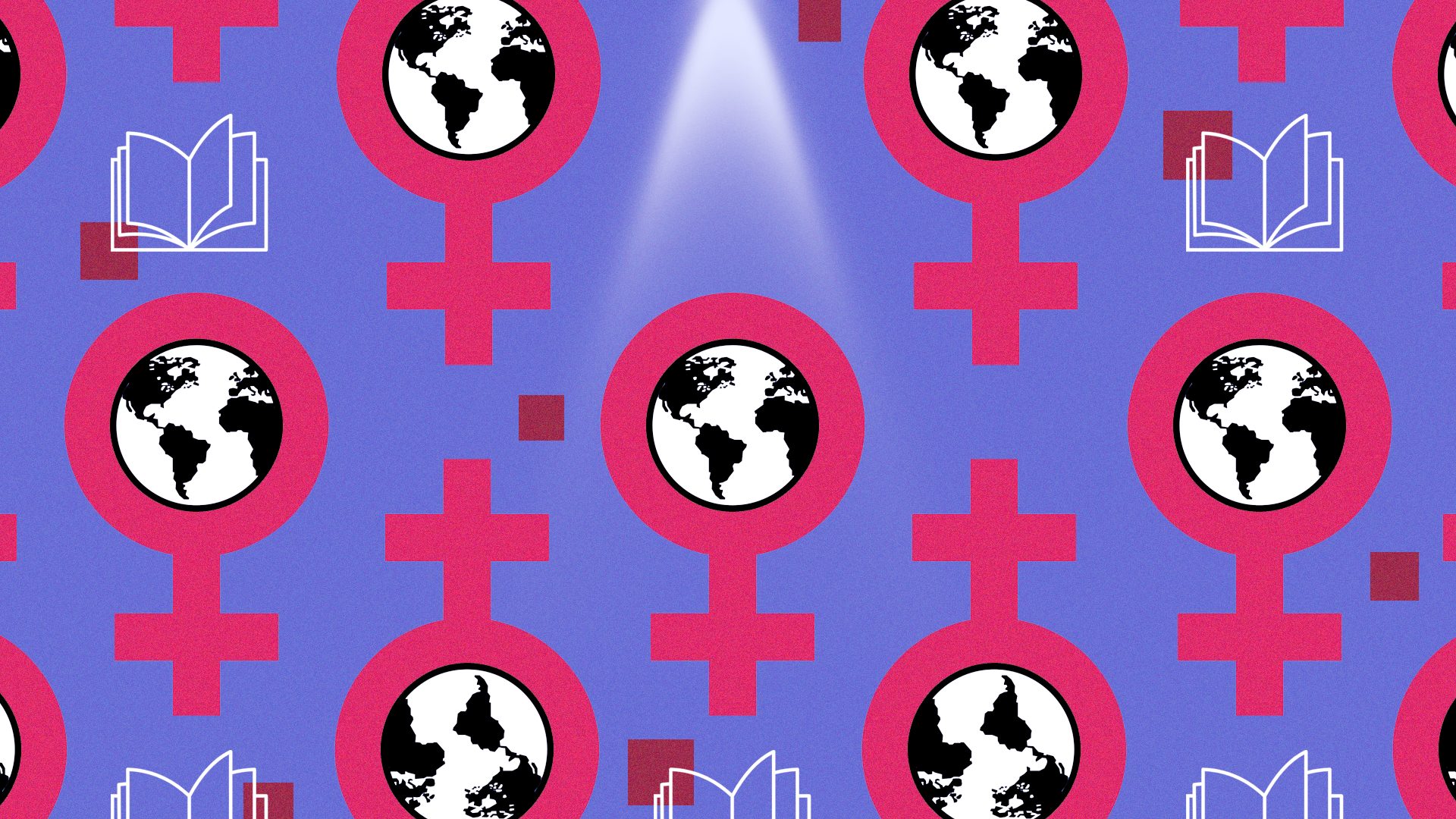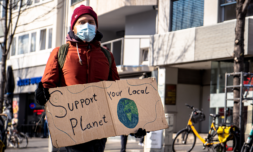How are women leaders in the climate fight?
As pillars of their communities, women hold a wide breadth of local knowledge and strong potential for leadership. Women are experts at sustainable resource management and understand how to carry out sustainable practices in households and at community level.
As such, empowering women through improved healthcare, education, and in government representation will help societies realise and adapt to the consequences of climate change more efficiently.
Research backs this up, too. Where women are active participants in political systems, governments typically become more responsive to the needs of citizens, with increased cooperation across parties and the boosting of ethics during decision making processes.
The pandemic has been a great example of how global crises amplify existing disparities, and climate change is no different. In fact, only a third of climate finance currently considers the different needs of women and men.
What have leaders at COP26’s Gender Day said?
During today’s COP event, the goal is to acquire more funding for organisations working towards making the fight against climate more gender inclusive.
Central to achieving this is that wealthy nations trust and acceptance that citizens in developing nations – particularly women – deeply understand what will work best and what is most realistic for their communities.
Communities in developing nations have a unique set of needs that depend on their local resources and environment, and wealthy nations will need to offer assistance accordingly.
So far, the UK has pledged £165m in funding towards closing the gender gap worldwide. £45m of this will ‘help empower local communities and grassroots women’s groups in Asia and the Pacific to challenge gender inequalities and adapt to the impacts of climate change.’
The remaining £120m will go towards building resilience, preventing pollution, protecting biodiversity, strengthening renewable energy and better manage waste, while also supporting women’s leadership, access to finance, education and skills in Bangladesh.
At the event itself though, 45 percent of the COP26 unit was made up of women. But UK organisers were subjected to criticism when it was revealed that a majority of senior front roles are held by male ministers, civil servants, and other officials.
It’s clear, women deserve a seat at the table during discussions on how to adapt in the face of a warming world.
If you need any more convincing, check out this list of amazing girls who are innovating and advocating for a safer environment by working to stop climate change in their local communities.





















